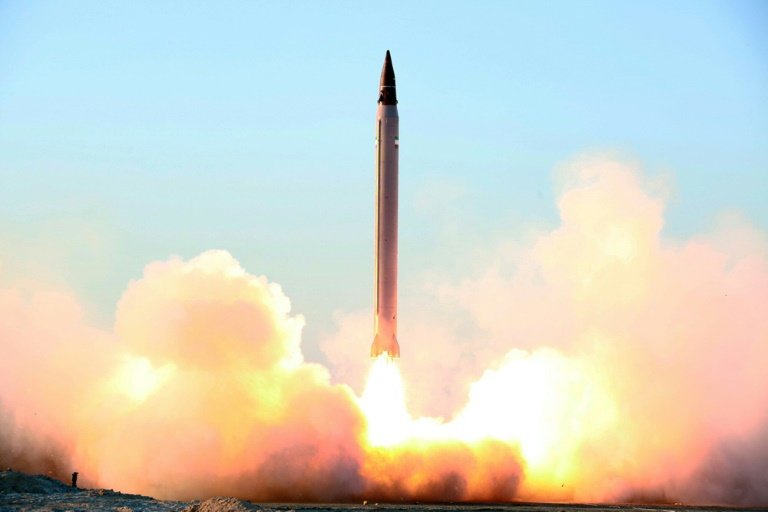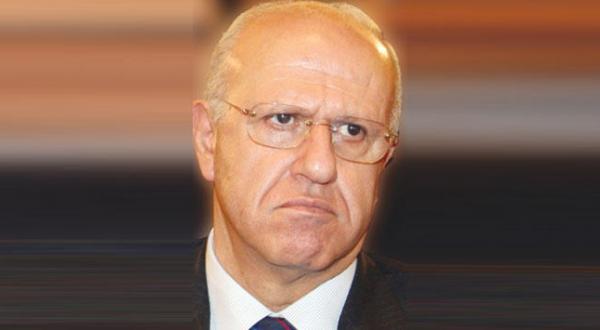By RICK GLADSTONE

Even by today’s standards, the Middle East in the 1970s was chaotic. Bombings, hijackings and assassinations were daily headlines. In the midst of the mayhem, one of the most revered clerics in the Shiite branch of Islam vanished while visiting Libya.
Criminal inquiries, books and speculation have abounded over the fate of the cleric, Imam Moussa al-Sadr, the charismatic Iranian-born scion of a powerful religious family who had made his home in Lebanon for nearly two decades and had become an ardent advocate of its impoverished Shiites. He and two colleagues have not been seen since Aug. 31, 1978, when they were reportedly spotted at the airport in Tripoli, the Libyan capital. Many have blamed agents of Libya’s former leader, Col. Muammar el-Qaddafi, though a motive remains unclear.
Yet a coming book about the fall of Shah Mohammed Reza Pahlavi of Iran in 1979 has helped cast the disappearance in a new light. It suggests that the Iranian revolutionary clerics who overthrew the shah — commanded by their leader-in-exile, Ayatollah Ruhollah Khomeini — may have seen Mr. Sadr as a threat.
The book, “The Fall of Heaven: The Pahlavis and the Final Days of Imperial Iran,” asserts not only that the shah and Mr. Sadr had secret contacts despite public tensions, but also that the shah may have wanted Mr. Sadr to return to Iran to thwart Ayatollah Khomeini’s ambitions in the months before the revolution.
That idea, had it been carried out, could have altered history.
The book provides evidence of Mr. Sadr’s deep distrust of Ayatollah Khomeini, whom he apparently regarded as a dangerous lunatic, belying their outwardly cordial dealings and family ties through marriage. Mr. Sadr privately shared this distrust with the shah, according to the book.













